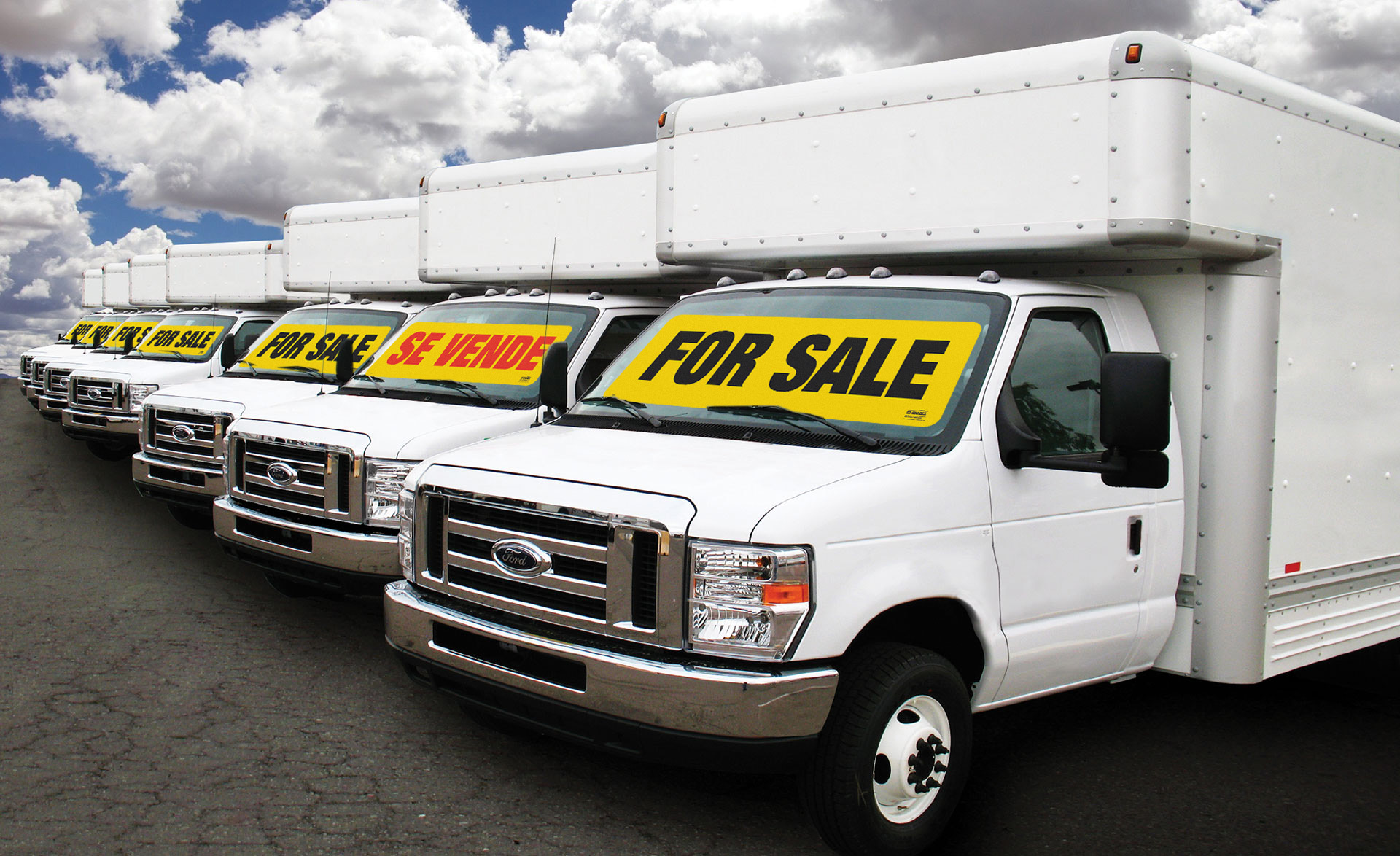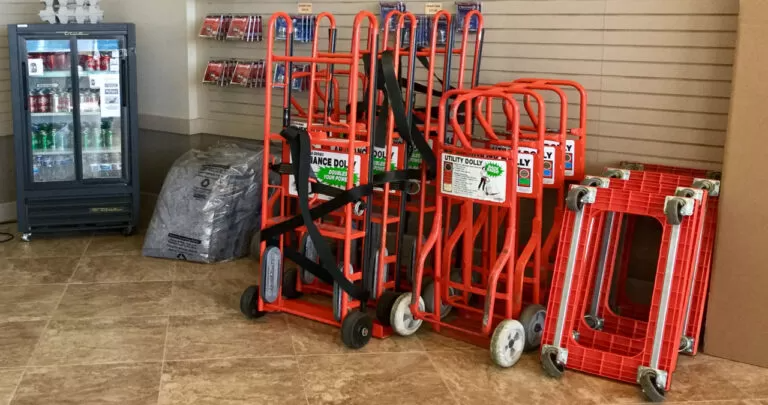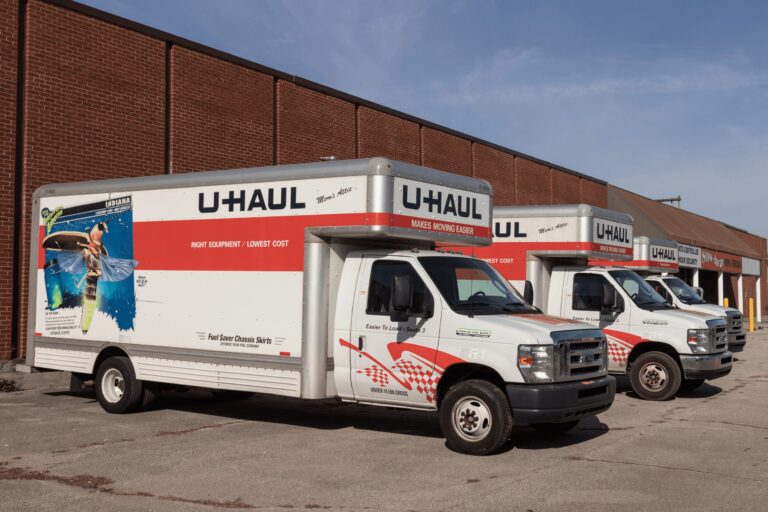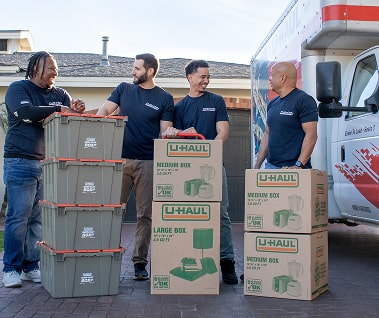U-Haul Truck Sales: Your Comprehensive Guide to Buying a Retired Fleet Vehicle
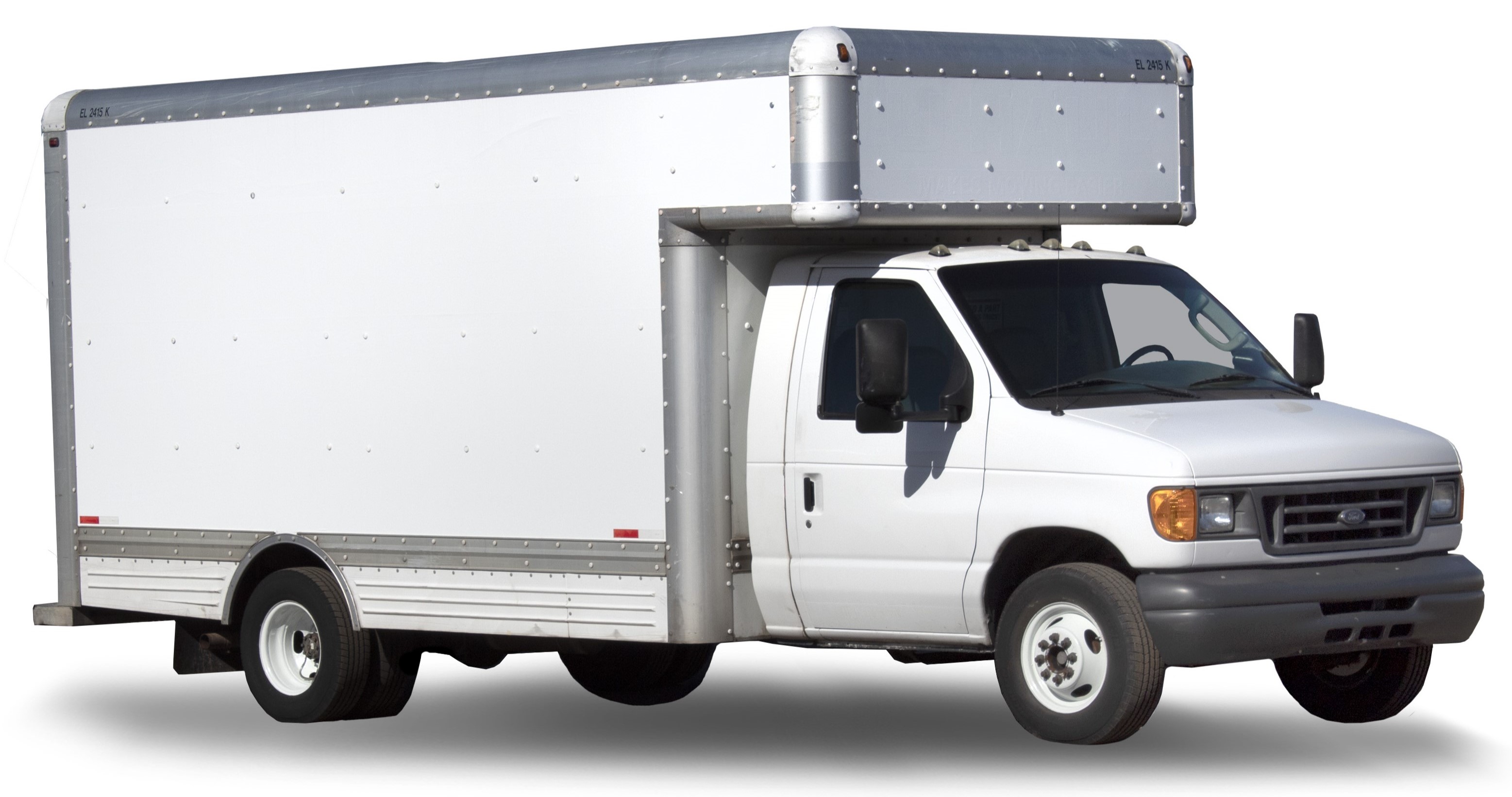
U-Haul Truck Sales: Your Comprehensive Guide to Buying a Retired Fleet Vehicle
Introduction: Unlocking Value in U-Haul Truck Sales
When the need arises for a robust, reliable, and cost-effective workhorse – be it for a burgeoning small business, a dedicated contractor, or an individual embarking on a large DIY project – the phrase "U-Haul truck sales" often sparks curiosity. Far from being just a rental company, U-Haul also operates one of the largest remarketing programs for used commercial vehicles in North America. These aren’t just any used trucks; they are vehicles retired from an active rental fleet, meticulously maintained and often available at a fraction of the cost of a new model.
U-Haul truck sales represent a unique opportunity to acquire a versatile vehicle that has served its initial purpose and is now ready for a second life. From compact pickup trucks and cargo vans to a wide array of box trucks, these vehicles offer an enticing blend of affordability, proven durability, and a transparent maintenance history. This comprehensive guide will delve into every facet of U-Haul truck sales, providing you with the knowledge, tips, and insights needed to make an informed and successful purchase. Whether you’re a first-time buyer or a seasoned entrepreneur, understanding the nuances of U-Haul truck sales can unlock significant value and help you drive away with the perfect vehicle for your needs.
The U-Haul Advantage: Why Consider Used Trucks from Their Fleet?
Purchasing a vehicle from U-Haul truck sales comes with several distinct advantages that set it apart from typical used car dealerships or private sellers. These benefits largely stem from U-Haul’s operational model and commitment to fleet maintenance.
1. Rigorous Fleet Maintenance
One of the most compelling reasons to explore U-Haul truck sales is the company’s stringent maintenance program. Every vehicle in the U-Haul fleet undergoes regular, scheduled maintenance and inspections by certified technicians. This isn’t just about keeping the vehicles roadworthy for renters; it’s a core operational necessity. When a truck enters the sales market, it typically has a comprehensive maintenance record, offering buyers peace of mind regarding the vehicle’s mechanical history.
2. Transparent Vehicle History
Unlike many private sales where vehicle history can be murky, U-Haul often provides access to maintenance records for vehicles in their sales program. This transparency allows buyers to review past services, repairs, and inspections, giving them a clearer picture of the truck’s condition and ensuring there are no hidden surprises.
3. Cost-Effectiveness
New commercial trucks can be prohibitively expensive, especially for small businesses or individuals. U-Haul truck sales offer a significantly more affordable alternative. These vehicles have already undergone their steepest depreciation, meaning you can acquire a capable work truck at a much lower initial cost, reducing your overhead and increasing your return on investment.
4. Wide Variety and Availability
U-Haul operates a massive fleet, which translates into a diverse inventory of vehicles available through U-Haul truck sales. You’ll find various sizes of box trucks, cargo vans, and pickup trucks, ensuring you can find a vehicle that precisely matches your capacity and functional requirements. Availability is often widespread across numerous U-Haul locations.
5. Ready for Work
Many U-Haul box trucks come equipped with features essential for moving and hauling, such as durable cargo areas, tie-downs, and often, loading ramps. This means the vehicle is often ready to be put to work immediately without requiring significant modifications or additional equipment purchases.
Types of Vehicles Available Through U-Haul Truck Sales
U-Haul truck sales encompass a range of vehicle types, primarily those that have served in their rental fleet. Understanding these categories will help you narrow down your search:
- Pickup Trucks: Primarily Ford F-150s, F-250s, or similar models from GMC or Chevrolet. These are versatile for lighter loads, towing, and general utility.
- Cargo Vans: Often Ford E-Series, Ford Transit, or GMC Savana vans. Ideal for secure, enclosed transport of tools, equipment, or small packages, popular with tradespeople and delivery services.
- Box Trucks: These are the most common vehicles found in U-Haul truck sales. They come in various sizes, typically ranging from 10-foot to 26-foot.
- 10-Foot Box Trucks: The smallest and most maneuverable, suitable for apartments, dorms, or light commercial use.
- 15-Foot Box Trucks: A popular mid-size option, often with a ramp, good for 1-2 bedroom homes or medium-sized commercial loads.
- 17-Foot Box Trucks: A slightly larger variant offering more capacity.
- 20-Foot Box Trucks: For larger moves or substantial commercial cargo, requiring more driving experience.
- 26-Foot Box Trucks: The largest non-CDL box truck, designed for large homes or heavy commercial loads, almost always includes a ramp.
Manufacturers typically include Ford, General Motors (GMC/Chevrolet), and Isuzu. Availability will vary by location and time.
The Buying Process: A Step-by-Step Guide to U-Haul Truck Sales
Navigating U-Haul truck sales is straightforward, but a methodical approach will yield the best results.
Step 1: Research and Locate Vehicles Online
Begin your journey on the official U-Haul Truck Sales website (uhaul.com/trucksales). You can filter vehicles by:
- Location: Find trucks near you.
- Vehicle Type: Specify pickup, van, or box truck size.
- Price Range: Set your budget.
- Mileage/Year: Refine your search based on age and usage.
Each listing typically includes photos, basic specifications, and often, a link to the vehicle’s maintenance history.
Step 2: Thorough Vehicle Inspection
This is the most critical step. Once you’ve identified a promising vehicle, arrange to see it in person at the U-Haul location.
- Exterior: Look for rust, body damage, tire condition (tread depth, sidewall cracks). Don’t be deterred by minor cosmetic dents or scratches, but assess any significant structural issues.
- Interior: Check for excessive wear, tears in upholstery, functionality of controls, and overall cleanliness.
- Engine Bay: Look for leaks, unusual corrosion, and signs of recent work.
- Undercarriage: Inspect for rust, damage to suspension components, and fluid leaks.
- Test Drive: Take the truck for a drive. Pay attention to engine noise, transmission shifting, brake feel, steering responsiveness, and any unusual vibrations or sounds. Test all lights, wipers, and HVAC.
Practical Advice: Bring a trusted mechanic or someone experienced with commercial vehicles to perform a pre-purchase inspection. This investment can save you significant money and headaches down the line.
Step 3: Review Maintenance Records
Request the detailed maintenance history for the specific vehicle you’re considering. This will corroborate what you observe during your inspection and provide insights into how well the truck has been cared for.
Step 4: Financing and Payment
U-Haul typically accepts cash, cashier’s checks, or major credit cards. While U-Haul itself may not offer direct financing, they can often direct you to third-party lenders who specialize in commercial vehicle financing. Secure your financing before finalizing your purchase.
Step 5: Paperwork and Ownership Transfer
Once you agree on a price, you’ll complete the necessary paperwork, including the bill of sale and title transfer documents. Ensure all VINs match and that you receive a clear title. Be prepared with your driver’s license and proof of insurance.
Step 6: Post-Purchase Checks
Even after a thorough inspection, it’s wise to schedule an immediate service appointment with your own mechanic for a fresh oil change, fluid checks, and a general once-over. This establishes a baseline for your ownership.
Important Considerations Before You Buy
While U-Haul truck sales offer great value, there are specific factors to weigh before making a purchase.
- Mileage and Age: U-Haul trucks often have high mileage due to their rental nature. While high mileage isn’t automatically a deal-breaker given their maintenance, it’s a factor to consider in conjunction with the vehicle’s age and overall condition.
- Wear and Tear: Expect some cosmetic imperfections, dings, and scratches. Prioritize mechanical soundness over pristine aesthetics.
- Intended Use: Clearly define your needs. Do you need a large box truck for furniture delivery, or a compact cargo van for tools? Match the vehicle type and size to your specific requirements.
- Resale Value: Well-maintained used commercial vehicles generally hold their value well, but this can be influenced by brand, condition, and market demand.
- Insurance: Obtain insurance quotes before buying. Commercial insurance can be more expensive than personal auto insurance.
- Local Regulations: If you plan to use the truck commercially, be aware of any local, state, or federal regulations regarding vehicle weight, emissions, and safety inspections (e.g., DOT regulations).
Tips for a Successful U-Haul Truck Purchase
- Be Patient: The perfect truck might not be available immediately. Check the U-Haul sales website regularly and be prepared to travel to nearby locations.
- Don’t Rush the Inspection: Take your time during the inspection and test drive. It’s better to be thorough than to regret a hasty decision.
- Consider an Extended Warranty: While U-Haul trucks are sold "as-is," third-party extended warranties might be available for purchase, offering added protection.
- Budget for Immediate Needs: Factor in potential costs for new tires, a battery, or minor repairs that might be needed shortly after purchase.
- Check for Recalls: Use the VIN to check for any open recalls on the vehicle through the manufacturer’s website.
Challenges and Solutions in U-Haul Truck Sales
Like any used vehicle purchase, U-Haul truck sales can present challenges, but most have practical solutions.
- Challenge: High Mileage:
- Solution: Focus on the maintenance records and a thorough mechanical inspection. A well-maintained high-mileage vehicle can be more reliable than a low-mileage one with poor history.
- Challenge: Cosmetic Damage:
- Solution: Prioritize mechanical integrity. Minor dents and scratches are common and often do not affect performance. Factor in the cost of any desired cosmetic repairs into your budget.
- Challenge: "As-Is" Sale, Limited Warranty:
- Solution: Invest in a pre-purchase inspection by an independent mechanic. Consider purchasing a third-party extended warranty for peace of mind.
- Challenge: Limited Availability of Specific Models:
- Solution: Be flexible with model year or exact specifications. Expand your search radius to include more U-Haul locations. Set up email alerts on their sales website if available.
U-Haul Truck Sales: Estimated Price Table
Please note that these prices are estimates and can vary significantly based on the vehicle’s year, mileage, condition, location, specific features, and market demand. Always verify exact pricing directly with U-Haul.
| Truck Type | Typical Size/Capacity | Estimated Price Range (USD) | Key Features/Notes |
|---|---|---|---|
| Pickup Truck | F-150/F-250, Sierra | $8,000 – $20,000+ | Versatile, good for towing, lighter loads. Varies by year, mileage, and configuration. |
| Cargo Van | Ford E-Series, Transit, Savana | $7,000 – $18,000+ | Enclosed, secure storage. Ideal for deliveries, tools, small business. |
| 10-Foot Box Truck | ~400 cu. ft. | $9,000 – $22,000+ | Smallest box truck, easy to drive. Good for apartments, small moves, light commercial use. |
| 15-Foot Box Truck | ~700 cu. ft. | $10,000 – $25,000+ | Popular size, often with a ramp. Suitable for 1-2 bedroom homes, medium commercial needs. |
| 17-Foot Box Truck | ~800 cu. ft. | $11,000 – $27,000+ | Slightly larger, good compromise between maneuverability and capacity. |
| 20-Foot Box Truck | ~1000 cu. ft. | $12,000 – $30,000+ | Larger moves, substantial commercial cargo. Requires more experience to drive. |
| 26-Foot Box Truck | ~1500 cu. ft. | $15,000 – $35,000+ | Largest non-CDL box truck. For large homes, heavy commercial loads. Often includes a ramp. |
Frequently Asked Questions (FAQ) About U-Haul Truck Sales
Q1: Are U-Haul trucks reliable after being used as rental vehicles?
A1: Yes, U-Haul trucks are generally reliable. They undergo rigorous and regular maintenance by certified technicians throughout their rental life, ensuring they are kept in good operational condition. Their history of service is often a significant advantage.
Q2: Do U-Haul trucks come with a warranty when purchased?
A2: Most U-Haul trucks are sold "as-is" without an explicit warranty from U-Haul. However, buyers may have the option to purchase third-party extended warranties for added peace of mind. Always confirm the warranty status for the specific vehicle you are interested in.
Q3: Can I finance a U-Haul truck purchase?
A3: While U-Haul itself typically does not offer direct financing for truck sales, they can often refer you to third-party lenders who specialize in commercial vehicle financing. It’s advisable to secure your financing arrangements before committing to a purchase.
Q4: How can I find U-Haul trucks for sale near me?
A4: The best way is to visit the official U-Haul Truck Sales website (uhaul.com/trucksales). You can enter your ZIP code or city to search for available vehicles at U-Haul centers in your vicinity.
Q5: What’s the typical mileage on a U-Haul truck for sale?
A5: U-Haul trucks often have higher mileage compared to typical private used vehicles, as they are part of an active rental fleet. However, due to the comprehensive maintenance program, high mileage doesn’t necessarily indicate poor condition. Focus on the vehicle’s maintenance history and overall inspection.
Q6: Can I test drive a truck before buying it?
A6: Yes, a test drive is highly recommended and usually permitted. It’s crucial to experience how the truck handles, brakes, and performs on the road before making a decision.
Q7: Are the prices for U-Haul truck sales negotiable?
A7: While U-Haul’s listed prices are generally firm and competitive, it never hurts to inquire. However, significant negotiation may not always be possible due to the high demand and standardized pricing model.
Q8: What documents do I need to buy a truck from U-Haul?
A8: You will typically need a valid driver’s license, proof of insurance, and your chosen payment method. Depending on local regulations, additional documentation may be required for title transfer and registration.
Q9: Can I use a U-Haul truck for commercial purposes after buying it?
A9: Absolutely. Many buyers acquire these trucks specifically for small businesses, contracting, delivery services, or other commercial uses. Just be aware of and comply with all local, state, and federal regulations for commercial vehicles, including insurance and potential weight restrictions.
Q10: What’s the main difference between buying from U-Haul directly versus a third-party seller?
A10: Buying directly from U-Haul often provides direct access to the vehicle’s maintenance history and a wider selection of fleet-maintained vehicles. Third-party sellers might offer U-Haul trucks that have already had a previous owner, which means their immediate history might be less transparent.
Conclusion: A Smart Investment in Mobility
U-Haul truck sales offer a compelling proposition for anyone in search of a reliable, well-maintained, and affordable commercial vehicle. By understanding the unique advantages, navigating the buying process diligently, and considering all the practical aspects, buyers can secure a valuable asset for their personal or business needs. The comprehensive maintenance records, the variety of available vehicle types, and the cost-effectiveness make U-Haul truck sales a standout option in the used vehicle market.
While the "as-is" nature and high mileage are points to consider, a thorough pre-purchase inspection and a focus on the vehicle’s maintenance history can mitigate these concerns. Ultimately, for those willing to do their homework, investing in a retired U-Haul fleet vehicle can be a remarkably smart move, providing years of dependable service and significant operational savings. Drive away with confidence, knowing you’ve made an informed decision through U-Haul truck sales.
